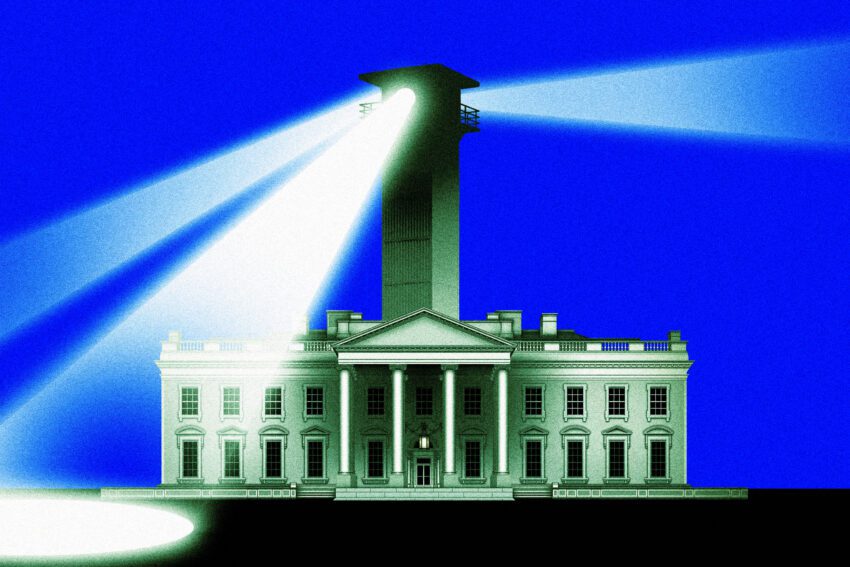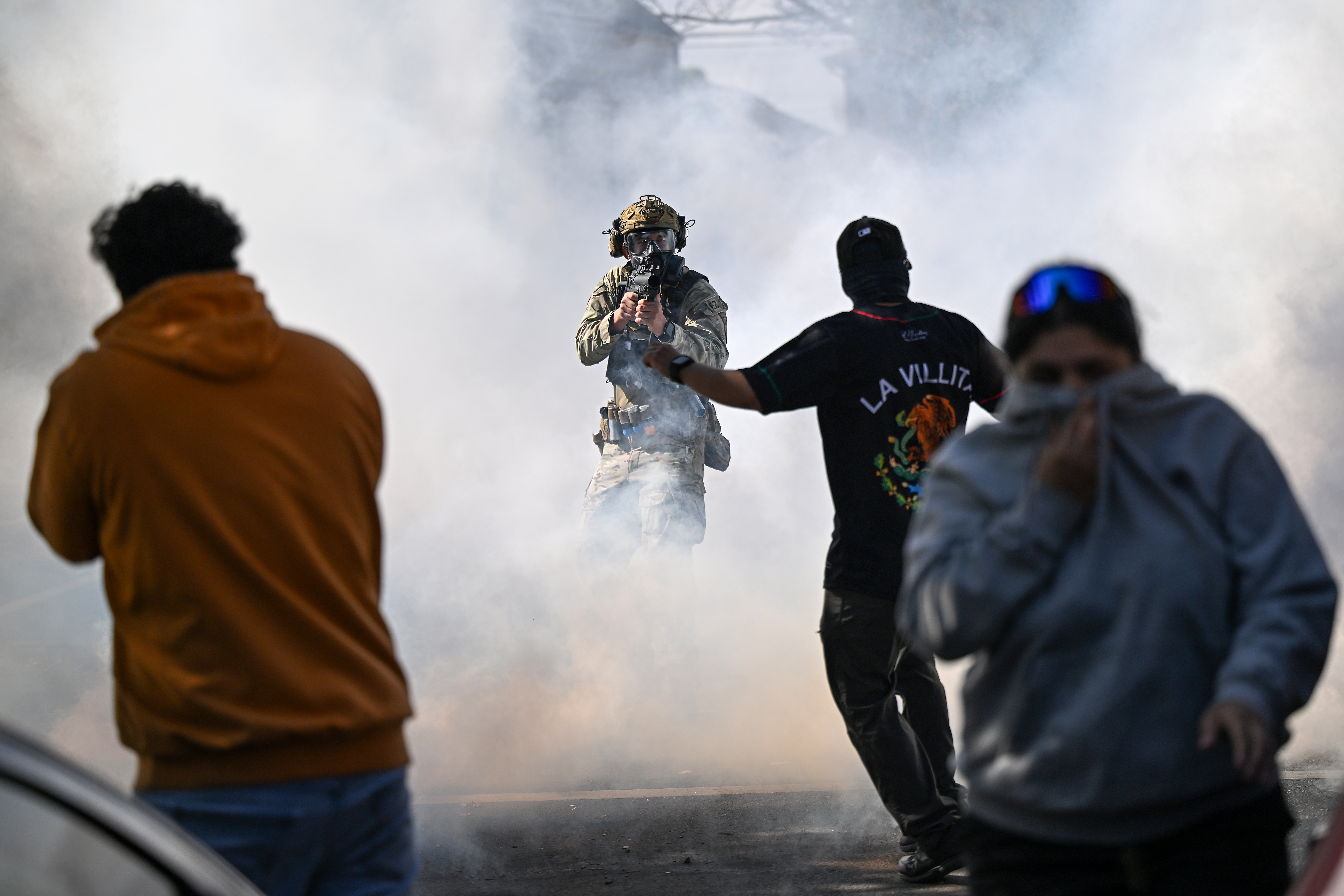
unions are trying to stop trump from The Electronic Frontier Foundation (EFF) has filed a lawsuit against the Trump administration, alleging that the government’s monitoring of immigrants’ social media accounts violates their speech rights.
unions are trying to stop trump from
Background on the “Catch-and-Revoke” Policy
The lawsuit targets the State Department’s controversial “Catch-and-Revoke” policy, which allows the government to revoke visas based on social media activity. This policy has raised significant concerns regarding its implications for free speech, particularly among immigrants and noncitizens. Under this policy, visa holders can lose their legal status in the United States if the government’s AI-assisted reviews of their social media accounts identify what it deems to be support for Hamas or other designated terrorist organizations. The definition of what constitutes support for such groups is notably broad and has been subject to interpretation.
For instance, President Donald Trump has previously labeled Antifa as a domestic terrorist organization through an executive order. This expansive categorization raises alarms about the potential for arbitrary enforcement of the policy, where individuals could be penalized for expressing views that the administration finds objectionable.
Legal Representation and Stakeholder Involvement
The EFF is representing several labor unions in this lawsuit, including the United Automobile Workers, Communications Workers of America, and the American Federation of Teachers. These unions collectively represent a substantial number of immigrants who could be affected by the visa revocation program. The EFF argues that the policy creates a chilling effect on speech, compelling individuals to self-censor their opinions and discussions to avoid the risk of deportation.
Chilling Effect on Speech
The complaint filed by the EFF highlights that many union members have begun to refrain from expressing views that are even remotely related to topics that the government disapproves of, particularly in online forums where they believe they are under surveillance. This self-censorship extends beyond individual expression; some members have even limited their participation in union activities out of fear of retribution for their public engagement.
According to EFF senior staff attorney Sophia Cope, the chilling effect can also extend to U.S. citizens, particularly those in relationships with visa holders. Citizens may feel compelled to restrict their own speech to protect their loved ones from potential repercussions stemming from government scrutiny. “Many of Plaintiffs’ members no longer express views remotely related to the topics the government disfavors, especially online where the government is watching,” the complaint states.
Government Justifications for the Policy
In March, Secretary of State Marco Rubio defended the government’s ability to revoke visas, asserting that the U.S. has the authority to deny visas for various reasons, including activities that contradict U.S. foreign policy. He emphasized that the government is not targeting individuals for trivial complaints but rather for actions that could be interpreted as supportive of movements counter to U.S. interests. This includes pro-Palestinian protests, which have gained visibility in recent years.
Rubio stated, “We are not going to be importing activists into the United States,” suggesting that the primary purpose of visas is for educational pursuits rather than political activism. He characterized visas as “a gift” and emphasized that no one is entitled to them. This perspective raises critical questions about the balance between national security and individual rights, particularly in a country that prides itself on free speech.
First Amendment Concerns
The EFF’s lawsuit underscores serious First Amendment concerns regarding the government’s actions. The organization argues that constitutional protections should extend to all individuals within the U.S., regardless of their citizenship status. Cope asserts that individuals present in the country are entitled to the same rights as citizens, particularly when it comes to free speech. “Our argument is that if you are here, just like you’re subject to due process under the Fifth Amendment, you are subject to First Amendment protections under the First Amendment,” she explains.
Cope further argues that if the United States is to be a nation that values free speech, it must extend those values to everyone present in the country. “If we’re a country that values free speech, then we should value it for everyone who’s here,” she states. “Otherwise, it doesn’t really mean very much.” This assertion raises fundamental questions about the nature of rights and freedoms in a democratic society.
Recent Developments and Broader Implications
In a recent development, the State Department revealed that it had revoked visas for immigrants who posted negative comments about right-wing activist Charlie Kirk after he was killed at a public event. This action has been interpreted as part of a broader trend of speech crackdowns by conservative factions within the government. The EFF’s complaint includes references to this incident, characterizing it as an extraordinary admission of the administration’s approach to monitoring and regulating speech.
The implications of this policy extend beyond the immediate concerns of visa holders. The chilling effect on speech can have far-reaching consequences for civil discourse and activism in the United States. If individuals fear that their online expressions could lead to visa revocation or deportation, they may choose to disengage from public discussions altogether. This could stifle important conversations around social justice, political activism, and other critical issues that require open dialogue.
Potential Legal Outcomes
The lawsuit filed by the EFF seeks to halt the implementation of the “Catch-and-Revoke” policy, arguing that it violates the First Amendment rights of both immigrants and citizens. If successful, the lawsuit could set a significant legal precedent regarding the extent of free speech protections in the context of immigration and social media. The case could also prompt a reevaluation of how the government monitors and regulates online speech, particularly in relation to national security concerns.
Reactions from Advocacy Groups and the Public
Advocacy groups and civil liberties organizations have expressed strong support for the EFF’s lawsuit. Many argue that the government’s actions represent a dangerous overreach that threatens the fundamental rights of individuals within the U.S. The chilling effect on speech is viewed as a direct attack on democratic values, and there is a growing consensus that such policies must be challenged in the courts.
Public reaction has also been mixed, with some individuals supporting the government’s efforts to monitor potential threats, while others see it as an infringement on personal freedoms. The debate surrounding the balance between national security and civil liberties continues to be a contentious issue in American society, particularly in the wake of heightened political polarization.
Conclusion
The EFF’s lawsuit against the Trump administration’s “Catch-and-Revoke” policy raises critical questions about the intersection of immigration, social media, and free speech rights. As the legal proceedings unfold, the implications for both immigrants and citizens will be closely monitored. The outcome of this case could have lasting effects on how the government approaches the regulation of speech and the protection of individual rights in an increasingly digital world.
Source: Original report
Was this helpful?
Last Modified: October 17, 2025 at 12:36 am
3 views















